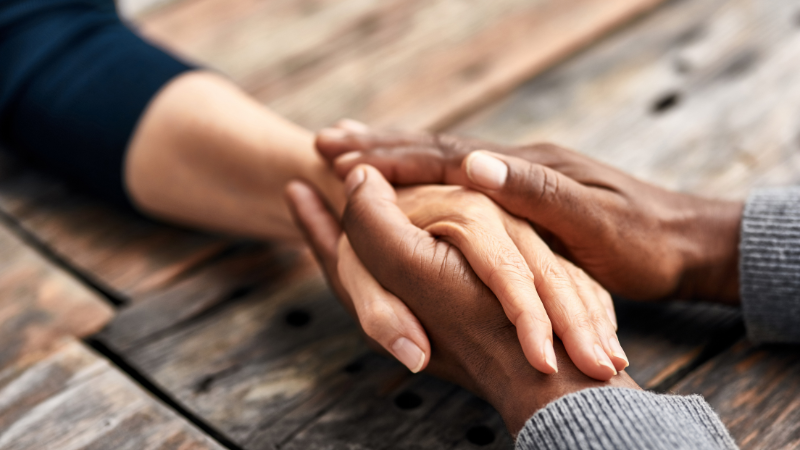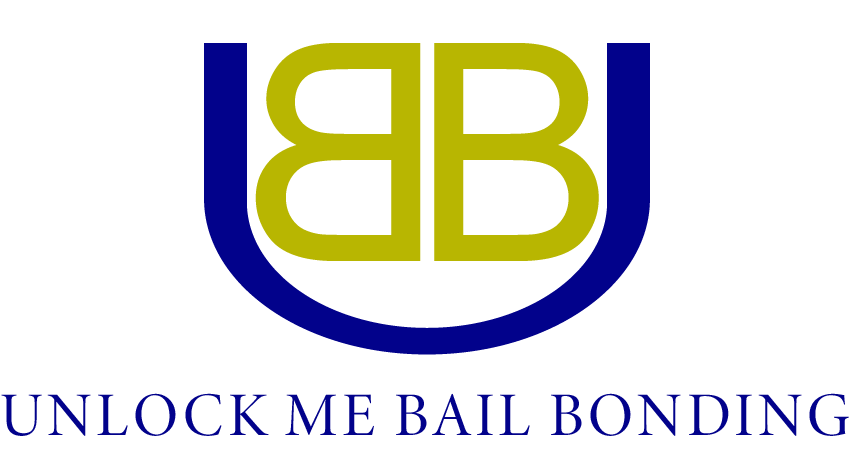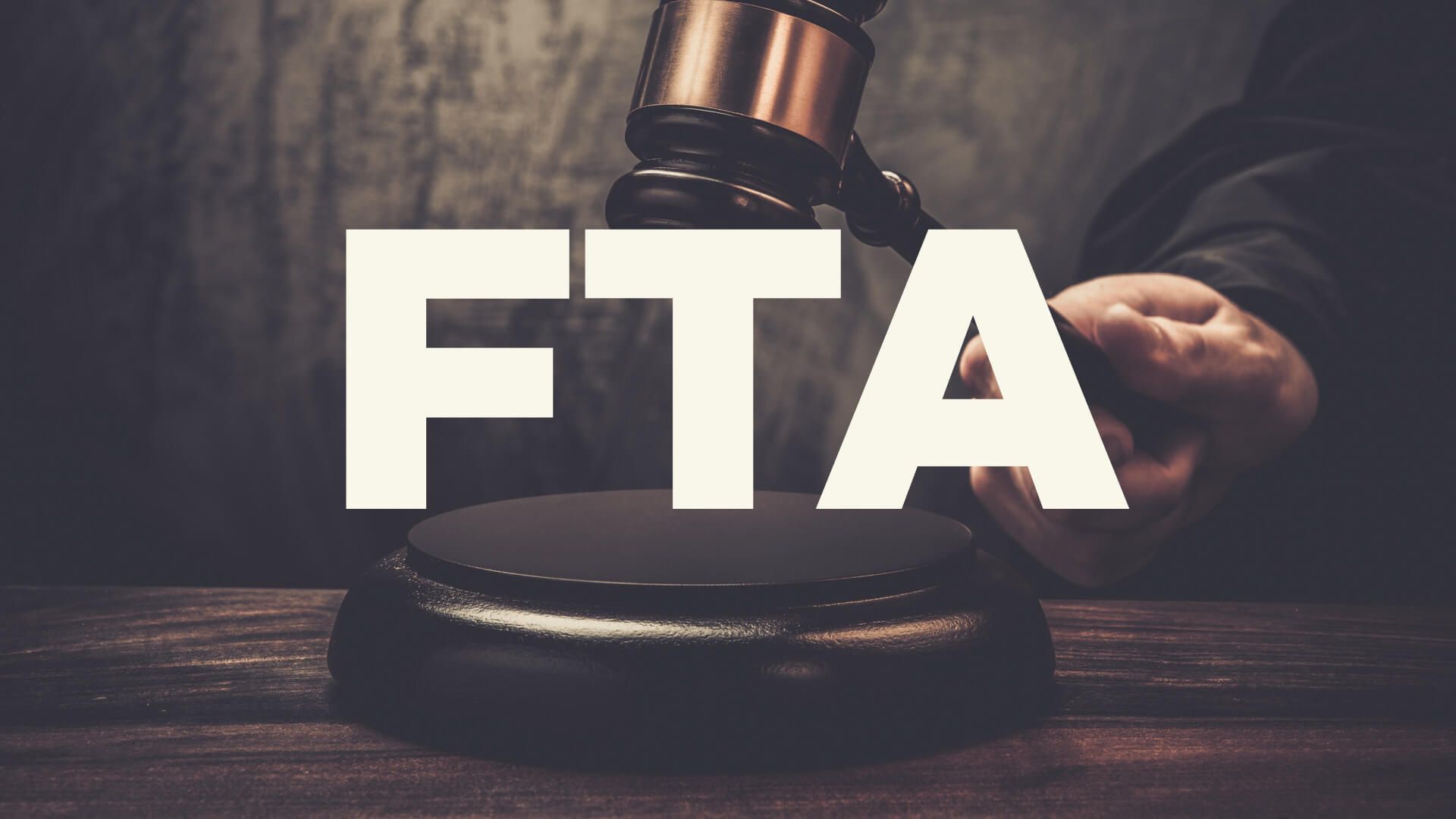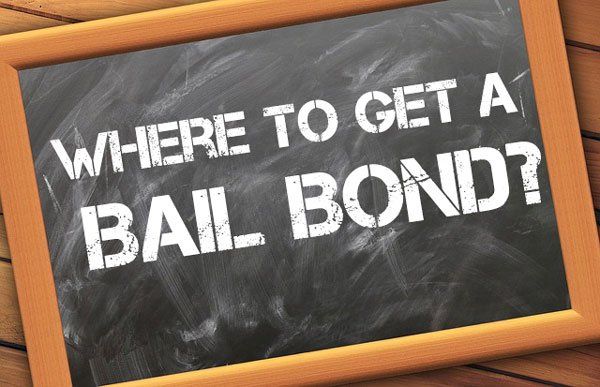Blog
Unlock Me Bail Bonding Blog Posts

By Ralph Young
•
October 19, 2023
When it comes to the criminal justice system, the concept of bail bonding plays a crucial role in preserving the safety and well-being of our communities. While it may not be immediately obvious, bail bonding is an essential tool that helps strike a balance between individual rights and public safety. In this blog post, we'll explore how bail bonding is needed to keep communities safe and why this practice is so vital to the functioning of our justice system. What is Bail Bonding? Bail bonding is a process that allows individuals who have been arrested to secure their release from custody before their court trial. It typically involves a financial arrangement made by a bail bondsman or a bail bonding agency on behalf of the accused. The defendant, or someone acting on their behalf, pays a fee, and the bail bondsman or agency posts a bond with the court, guaranteeing the defendant's appearance at their court hearings. Presumption of Innocence One of the fundamental principles of the American justice system is the presumption of innocence until proven guilty. Bail bonding upholds this principle by allowing those accused of a crime to remain free while awaiting their trial. This means that individuals who have not been convicted of a crime can continue to work, support their families, and lead normal lives instead of being held in pre-trial detention. Community Impact of Bail Bonding Reducing Overcrowded Jails : Without the option of bail bonding, local jails would be even more overcrowded. Keeping those who are not a flight risk or a danger to the community out of jail helps reduce overcrowding and ensures that detention facilities can focus on those who truly pose a threat to public safety. Encouraging Accountability : By requiring individuals to pay bail, they are more likely to attend their court hearings and comply with court orders. This accountability helps maintain the integrity of the legal process. Supporting Families : Many people who are arrested have families to support and responsibilities to uphold. Bail bonding allows them to continue fulfilling their obligations while awaiting trial, thus minimizing the disruption to their families and communities. Economic Productivity : Those who are allowed to remain free through bail bonding can continue working, paying taxes, and contributing to the local economy. This not only benefits the individuals but also the communities in which they live. Less Recidivism : Pre-trial detention can have a negative impact on individuals, increasing their likelihood of reoffending. By allowing non-violent offenders to remain free, bail bonding contributes to lower recidivism rates. Public Safety Concerns While bail bonding is essential for ensuring individual rights and community stability, it is not without its challenges. There is a debate surrounding the cash bail system, as it can sometimes result in disparities based on an individual's financial situation. Some argue for reform to address these issues while still preserving the key role bail bonding plays in maintaining community safety. In conclusion, bail bonding is a necessary component of our justice system that helps balance individual rights and public safety. It allows individuals to maintain their presumption of innocence, reduces overcrowding in jails, and supports community well-being. While the debate about the cash bail system continues, it's clear that bail bonding remains a critical part of keeping our communities safe while ensuring justice for all.
CONTACT INFORMATION
BROWSE
OUR WEBSITE
CONTACT INFORMATION
OUR LOCATION
Content, including images, displayed on this website is protected by copyright laws. Downloading, republication, retransmission or reproduction of content on this website is strictly prohibited. Terms of Use
| Privacy Policy




